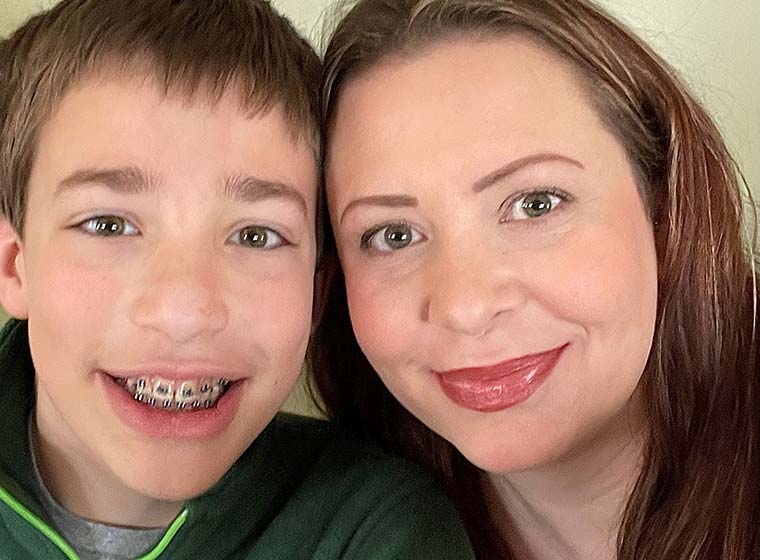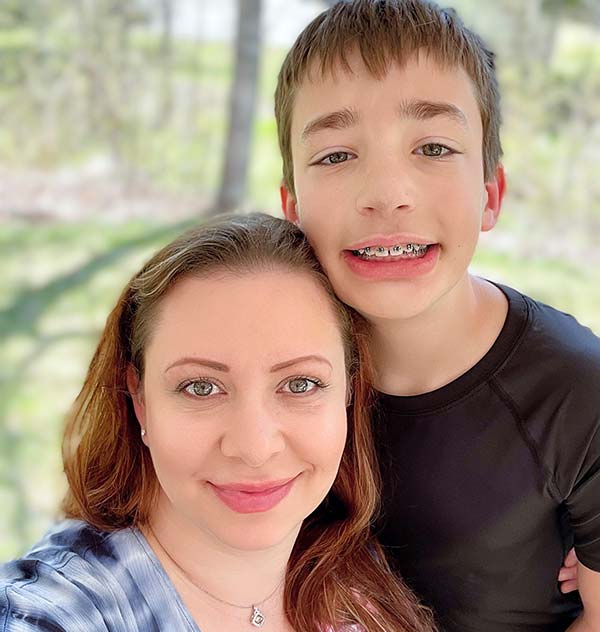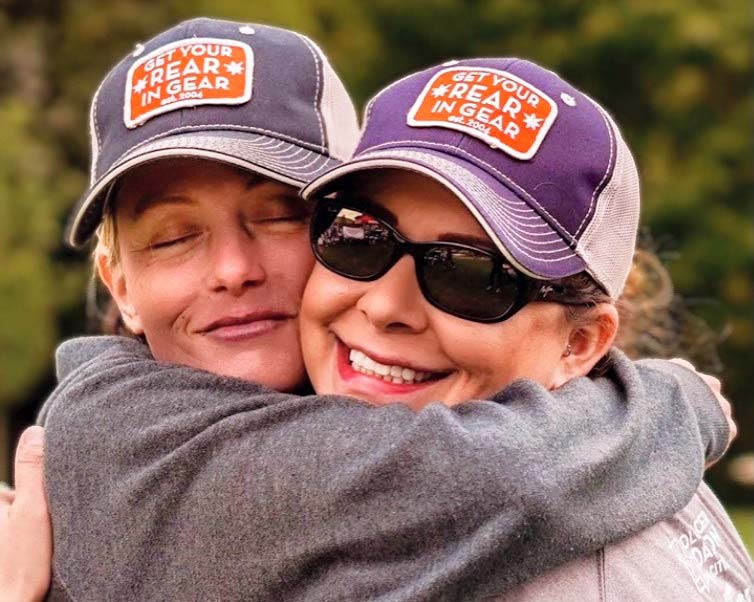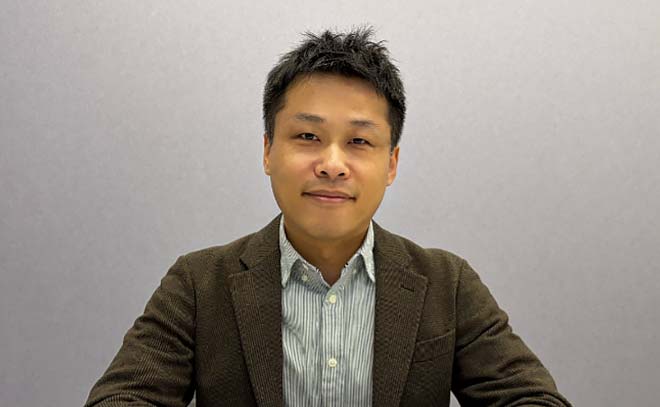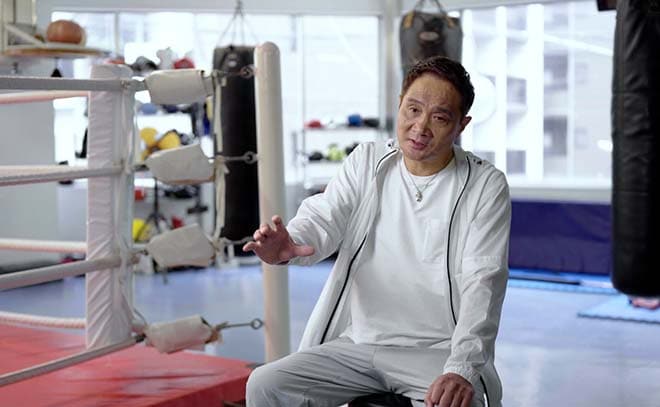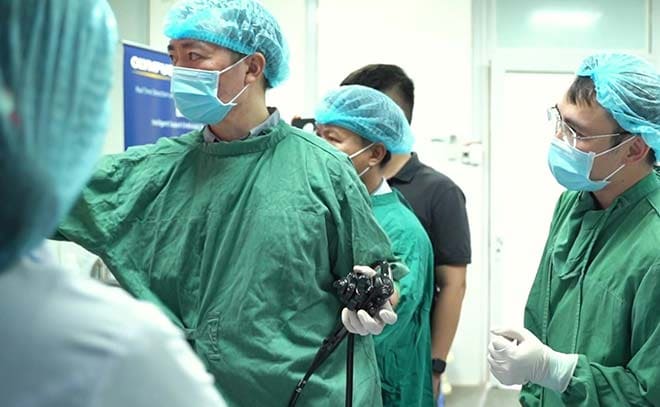Anna's journey began with a simple concern about bloody stools, prompting a visit to her doctor and subsequent colonoscopy. The diagnosis of colorectal cancer at such a young age came as a shock, challenging Anna's understanding of the disease and prompting a whirlwind of emotions.
Anna recalled, “I missed the call from the doctor who called to give me the news of my diagnosis because I wasn’t expecting it. I was 33 and otherwise healthy.”
“I work in the medical field, so I know about cancer, but it is interesting when you are personally faced with the disease — all my knowledge went out the door, and I didn’t know what to do.”
“I knew several people who had passed from cancer, but they were all ‘old.’ How does someone get colon cancer at 33? I didn’t have any family history, and all of my genetic testing results were normal — meaning there wasn’t anything in my genes that could’ve caused it.”


